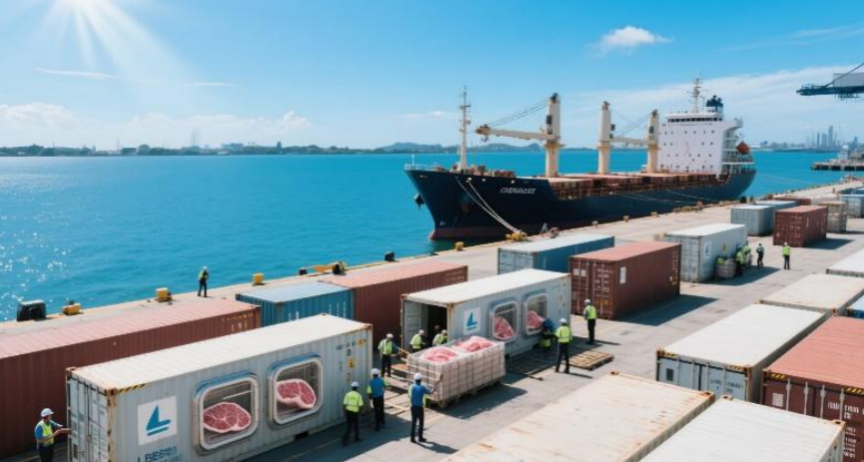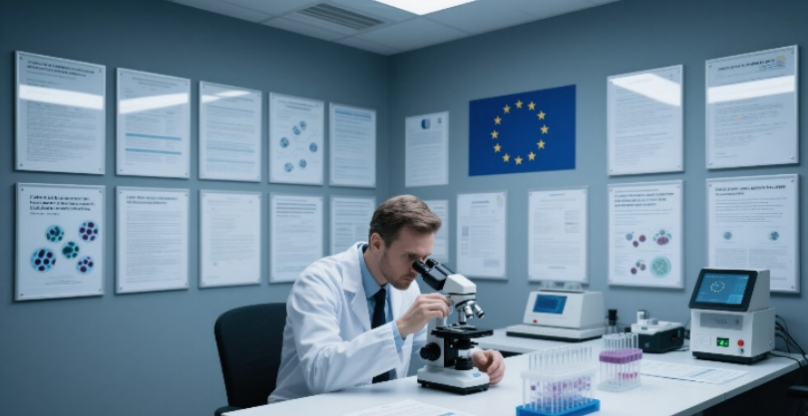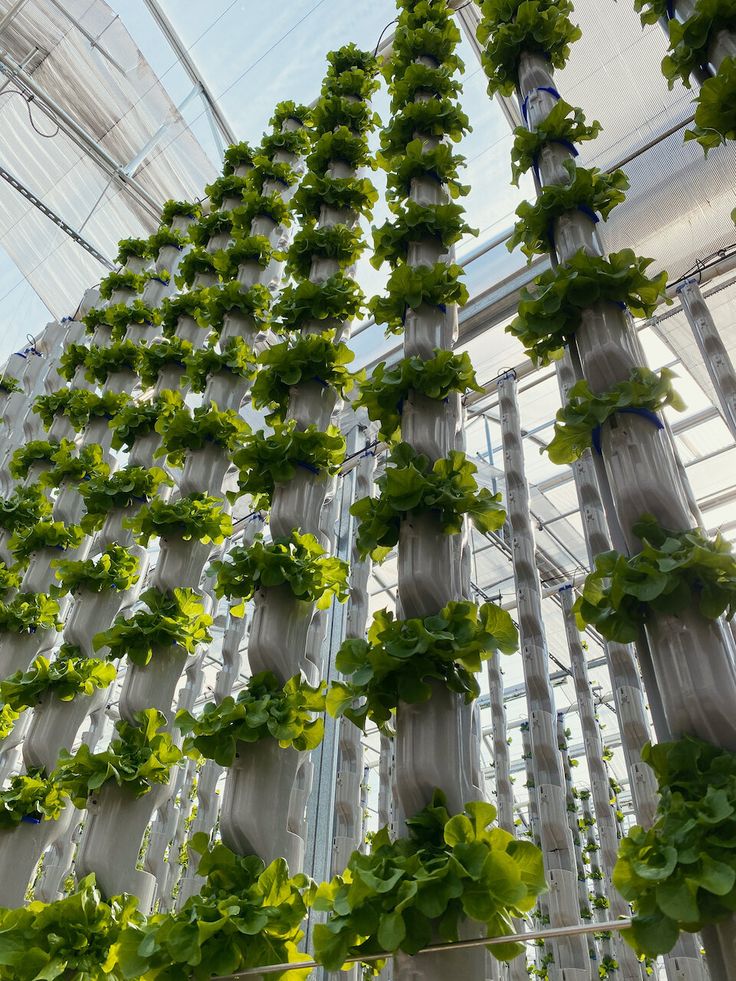Lab-Grown Meat Goes Global: Regulatory Hurdles, Consumer Acceptance, and the Future of Agriculture

As the world grapples with climate change and food security challenges, lab-grown meat has emerged as a promising innovation. This synthetic biology-driven product, produced by culturing animal cells in bioreactors, is now making strides across continents, though it faces distinct regulatory landscapes and consumer perceptions in different regions.
In the United States, the FDA's approval process for Upside Foods marked a significant milestone. In 2023, Upside became the first company to receive FDA clearance for its lab-grown chicken, a decision based on years of safety evaluations. The FDA's approach focuses on ensuring the cellular culture process does not introduce new risks, examining cell sources, growth media, and manufacturing practices. This approval signaled regulatory confidence in the technology, opening the door for commercialization. However, full market entry still requires USDA certification for production facilities, highlighting the layered regulatory framework in the U.S.
Singapore, meanwhile, has taken a more proactive stance.Singapore emerged as the pioneer nation in authorizing the commercialization of cultivated meat in 2020, with local eateries featuring such products on their menus by 2023.Singapore's success lies in its strategic vision: as a nation with limited agricultural land, it sees lab-grown meat as a solution to food security. The country's regulatory framework treats cultivated meat as a novel food, requiring safety assessments but emphasizing innovation. This has enabled quick commercialization, and Singapore now aims to export its lab-grown products, positioning itself as a hub for cellular agriculture in Southeast Asia.
In the European Union, however, regulatory hurdles are stricter. The EU's Novel Foods Regulation, which came into effect in 1997, subjects lab-grown meat to rigorous pre-market assessments. Companies must demonstrate safety, nutritional equivalence, and environmental benefits. While this ensures high standards, it also creates lengthy approval processes—often taking years. Critics argue that such strictness may hinder innovation, especially as the bloc faces pressure to reduce agricultural emissions. Yet the EU's approach reflects its precautionary principle, prioritizing consumer trust and environmental sustainability in a region where traditional agriculture holds significant cultural and economic value.

The rise of lab-grown meat is more than a regulatory story; it represents a potential revolution in food systems driven by synthetic biology. Conventional livestock agriculture plays a substantial role in driving global carbon emissions, constituting 14.5% of anthropogenic greenhouse gas outputs. Lab-grown meat production uses 78-96% less land, 82-96% less water, and generates 60-82% fewer emissions than conventional beef production, according to a 2022 study in Nature Food. By bypassing the need to raise and slaughter entire animals, synthetic biology enables precise control over nutritional content while minimizing resource use. This could alleviate pressure on deforested lands used for grazing and feed crops, protecting biodiversity.
Consumer acceptance, however, remains a critical factor. Surveys in the U.S. and Europe show mixed attitudes: while younger generations are more open to novel foods, concerns about "unnatural" processes and taste persist. Ensuring educational initiatives alongside transparent labeling practices play a pivotal role in fostering public trust. As companies like Upside Foods and Singaporean producers showcase palatable products in mainstream markets, consumer skepticism may diminish, especially as environmental benefits become more tangible.

The future of lab-grown meat hinges on balancing regulation, innovation, and public perception. The U.S. model of incremental approval, Singapore's export-oriented innovation, and the EU's cautious sustainability focus each offer lessons. Synthetic biology's disruption of food systems is not just about replacing traditional meat but reimagining agriculture itself—toward a more efficient, sustainable, and resilient future. As regulatory frameworks evolve and consumer acceptance grows, lab-grown meat could soon be more than a niche product, becoming a staple in global food systems and a vital tool in the fight against climate change.
(Writer:Dirick)



